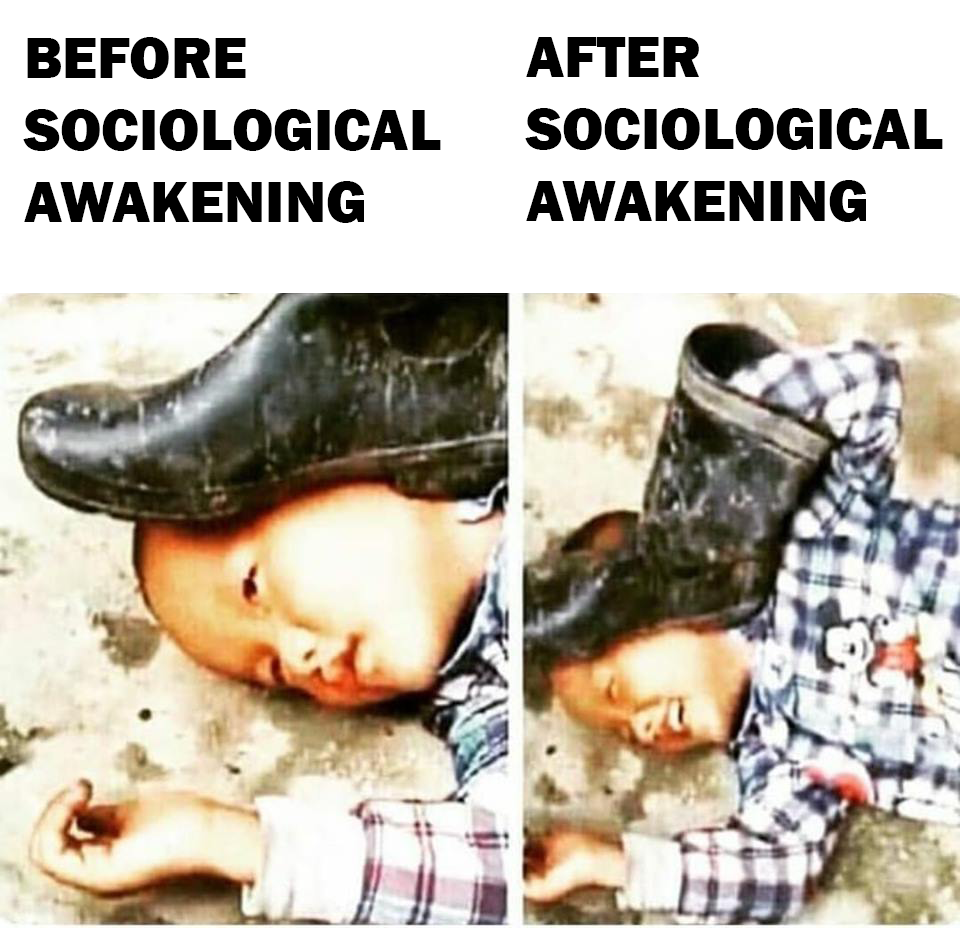
I spoke last time about some of the more serious and sobering stuff that has unfolded since I was last active 'here'.
In this Janus moment then, I don't want to only look back but to look forwards also.
I am about to start in a new post as a lecturer in a Sixth Form college. Instead of teaching seven subjects (and not always the same seven either!) I will be specialising and focusing on just one - Sociology. I have been pretending to be a polymath for so many years now that it will be strange to be a specialist, however all those other subjects will feed nicely into my Sociology.
I think it is true to say that I didn't foresee this career path.
As an English Literature graduate who went on to specialise in Medieval literature and material culture at postgraduate level; who lectured for a while before working in the games industry; only to end up programming a data-mining application and helping with my father's cleaning company; before qualifying to teach in high school and returning to English teaching and then being co-opted into extensive Media Studies teaching plus a multitude of other subjects (Psychology; Sociology; CDT; Maths; English; Media Studies; Citizenship; PSHE; French; ICT; Drama; Welsh Baccalaureate; and I have probably forgotten some others too)... it's true to say that I didn't foresee that I woould specialise in Sociology.
It makes perfect sense that I would, however, know that I think about it.
Sociology needs a strong, broad range of critical thinking skills combined with a broad understanding of history and culture. It needs a capacity to step outside of each critical theory in order to evaluate and compare. And it needs a host of research methodology too.
I didn't realise it, but I have been preparing for this my whole life ;-)
I didn't choose the Sociological life; the Sociological life chose me.
Now, Sociology has its detractors. There are those who disregard its value, preferring (in their own words) to use 'common sense' and 'obvious thinking'. Except that Sociology unpicks those well-worn old chestnuts and exposes them.
'Common sense' just turns out to be another way of reiterating whichever cultural norms and values a person has been most exposed to, and turns out to only be as useful as assuming everyone thinks and believes the same things (which we soon discover, they don't).
In fact, it turns out to be incredibly useful that we apply some (dare I say scientific) methodology to the act of studying the actions and reasoning of people in society.
At this very moment in history we are witnessing the following things simultaneously:
- a global pandemic of a novel and lethal virus (which may or may not turn out to have parallels with either SARS-COV from the early 2000s (which died out relatively fast and with minimal consequence) or Spanish 'Flu from the early Twentieth century (which persisted, magnified, and killed tens of millions worldwide))
- a systemic economic shock (which may turn out to be one in a long line of cyclical recession/depression/boom periods, or may turn out to be a significant crisis moment for capitalism)
- a major upheaval in authoritarian power and control, culminating in a revision of the social contracts allowing established powers to govern and intrude into the lives of their citizens
- a sustained post-modern moment in history where the impetus towards a consensus reality (if that did indeed ever exist) has fragmented into an impetus towards a conflict reality where the usual political and ideological divisions have been joined by fundamental shifts in the nature of information processing (largely through social media) and critical understanding (manifesting in widespread growth in mob behaviours, herd mentalities, alignment with alternative belief systems such as conspiracy theories (9/11 Truthers; Flat Earth believers; Mandela Effect adherents; QAnon conspiracists etc.) alongside growth in the traditional division lines of conflict in society (such as nationalism; xenophobia; sexism; racism etc.)
- accumulating pressure and tension in society from the above factors, combined with long-held tensions connected with systemic inequalities in society, spilling over into social unrest on both national and international scales.
In fact, there's a whole lot more that I could include, but let's keep it relatively simple (for now).
There's nothing much new about any of these things I just listed above, BUT what is new is the process and speed of processing that the modern information age media technologies enable us to use. Local culture earthquakes are now amplified through instant broadcast citizen media and more easily able to become major global tectonic shifts of culture. That's the single most important distinction between or current moment in history and all of human history so far. Each event in society somewhere on the globe now has the potential to rapidly if not instantly effect changes everywhere around the globe. This is unprecedented. And this is why we need Sociology now more than ever, in order to attempt to understand what's going on.
What I do love among those who decry Sociology and claim to disregard it, is that examination of their methods and processes reveals them to be undertaking Sociological investigations regardless of their denials :-)
So yes, it's an exciting time to be focusing on Sociology.
(P.S. There are excellent Sociologists already here on Hive if you want to go check them out. Obviously I hope to be joining their ranks, but until I have created that content I highly recommend that you go check out the body of work by @revisesociology both here on Hive and on revisesociology.com which should keep you busy enough while I write my own!)